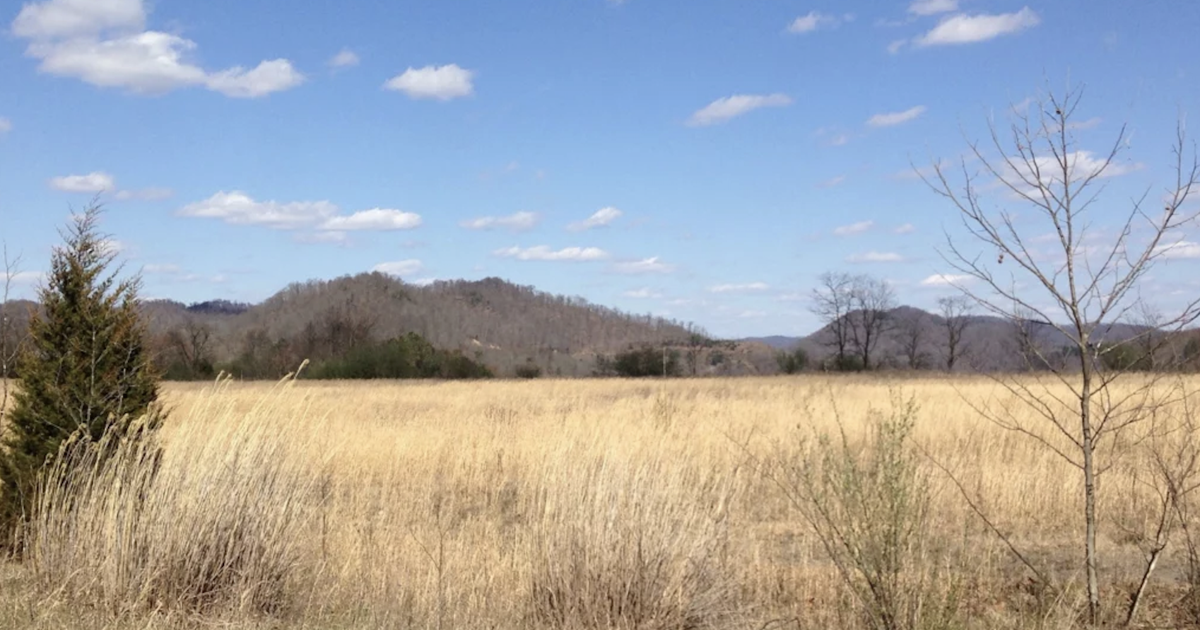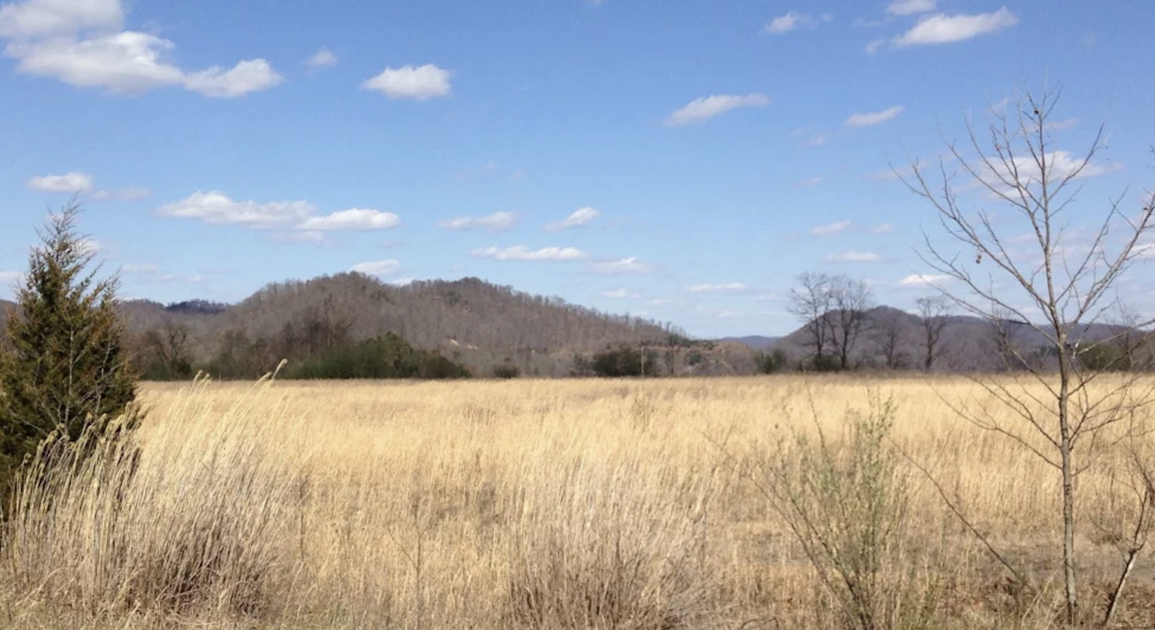
Opponents of a long-debated federal prison in Letcher County are criticizing U.S. Rep. Hal Rogers for using what they call a “strongman tactic” to “fast track” the project without public comment or an environmental review.
Even the courts, opponents say, would be precluded from hearing legal challenges to the prison, under language that Rogers added to an appropriations bill last week.
Rogers’ provision directs the U.S. attorney general to issue an environmental impact statement and “record of decision” approving the prison within 30 days of the appropriations bill’s enactment. It also says that decisions regarding the prison by the U.S. attorney general and the director of the Federal Bureau of Prisons “shall not be subject to judicial review.”
The U.S. House Appropriations Committee has not yet debated the spending bill, which will need to clear several hurdles before it could become law.
The House’s spending bills are likely to change significantly later this year when the GOP chamber considers reconciling its plans with the bipartisan spending bills the Senate Appropriations Committee has released.
The Senate Appropriations Committee voted 28-1 earlier this month to approve its version of the Commerce-Justice-Science spending bill, which does not include any provision mentioning the Letcher prison.
Rogers has been working since at least 2006 to bring a federal prison to to the southeastern Kentucky county. He touts the prison as a source of employment and economic development in a poor region that has lost thousands of coal industry jobs. The 16-member Letcher County Planning Commission has long sought a prison.
A coalition of opponents — local and national — question the potential economic benefits. They say a proliferation of prisons in Central Appalachia in recent decades has done little to improve the economy, while supporting mass incarceration and putting prisoners and their families at great distances from each other.
A Tuesday release issued by two citizens groups, Building Community Not Prisons and Concerned Letcher Countians, takes Rogers to task for trying to push through the project without allowing additional public input. “People in Letcher County deserve to have a say in this because we vote, we pay taxes, we live here and we love this place,” said Dr. Artie Anne Bates, a member of Concerned Letcher Countians. “We don’t want Rep. Rogers stuffing something down our throats that we are not in agreement with.”
Rogers seemed to have prevailed in 2018 when the Federal Bureau of Prisons approved construction of a high-security penitentiary and prison camp on a former surface mine in Roxana, saying it would relieve overcrowding of federal prisons in the Mid-Atlantic region.
But the Trump administration pulled the plug, saying the prison was no longer needed because of a decline in prisoner numbers and that the $505 million set aside for the project would be “wasteful spending.”
President Joe Biden’s 2024 budget proposal also would cancel funding for the prison.
Rogers, R-Somerset, serving his 22nd House term, is a member and former chairman of the powerful appropriations committee. He is now chairman of the appropriations subcommittee that oversees funding levels for the Justice Department which is responsible for federal prisons.
According to a news release that Rogers’ office issued in November 2022, $500 million that he secured in an earlier appropriations bill is still available in the Bureau of Prisons budget for construction of the prison.
Since the 2018 approval, the Bureau of Prisons has changed the Letcher plan to a medium-security federal correctional institution.
About 150 people attended (in person or virtually) a “scoping” meeting in Whitesburg, the Letcher County seat, held last November by the Bureau of Prisons to explain the new plan and begin work on a draft environmental impact statement. Opinion was divided with some supporting the prison in hopes that it would spin off other economic activity while others pointed to the persistently high poverty in nearby places that have prisons.
Then-state Rep. Angie Hatton, D-Whitesburg, said she preferred the medium-security plan to the maximum security facility that was originally proposed, reported Katie Myers of Ohio Valley Resource.
“The rehabilitation focus is something that I can live with, as a citizen here, a whole lot more easily than I could live with the idea of a maximum security prison,” Hatton said. “The prison would actually help us get a hotel, and it also will be a really important way that we might get an airport here.” Hatton, who lost her bid for reelection, is now a member of the Kentucky Public Service Commission.
The provision that Rogers has inserted into the current appropriations bill would dictate that an environmental impact statement approved in 2018 for the earlier plan would now suffice to move the project forward.
But opponents insist more study is needed to protect local habitat and human health. “These processes provide essential checks on the prison’s potential environmental impacts on endangered bat habitat, wetlands, and old growth forest, as well as public health consequences of arsenic and radon exposure for both incarcerated people and correctional staff,” says the release from the two citizens groups.
The prison site is near the rare old-growth Lilley Cornett Woods where Eastern Kentucky University operates the Lilley Cornett Woods Appalachian Ecological Research Station.
Opponents also insist the region has more pressing needs for federal dollars than another prison.
Beverly May, a member of Kentuckians for the Commonwealth and a Rogers constituent, said “this $500 million of taxpayer money should be used for housing, flood clean up, and prevention, not this unnecessary prison.”
This post was originally published on this site be sure to check out more of their content.









